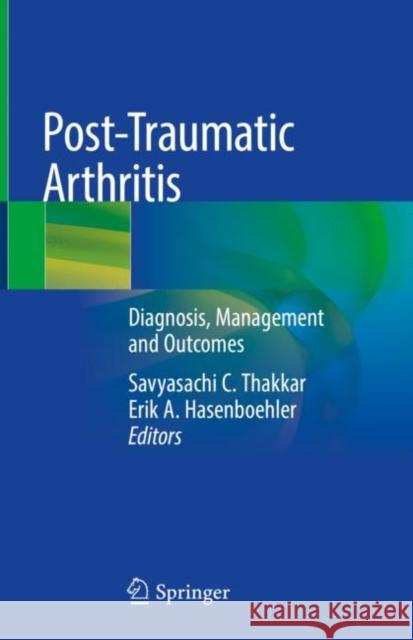Post-Traumatic Arthritis: Diagnosis, Management and Outcomes » książka
topmenu
Post-Traumatic Arthritis: Diagnosis, Management and Outcomes
ISBN-13: 9783030504120 / Angielski / Twarda / 2020 / 223 str.
Post-Traumatic Arthritis: Diagnosis, Management and Outcomes
ISBN-13: 9783030504120 / Angielski / Twarda / 2020 / 223 str.
cena 563,56
(netto: 536,72 VAT: 5%)
Najniższa cena z 30 dni: 539,74
(netto: 536,72 VAT: 5%)
Najniższa cena z 30 dni: 539,74
Termin realizacji zamówienia:
ok. 22 dni roboczych.
ok. 22 dni roboczych.
Darmowa dostawa!
Kategorie BISAC:
Wydawca:
Springer
Język:
Angielski
ISBN-13:
9783030504120
Rok wydania:
2020
Wydanie:
2021
Ilość stron:
223
Waga:
0.45 kg
Wymiary:
23.88 x 19.56 x 1.27
Oprawa:
Twarda
Wolumenów:
01











